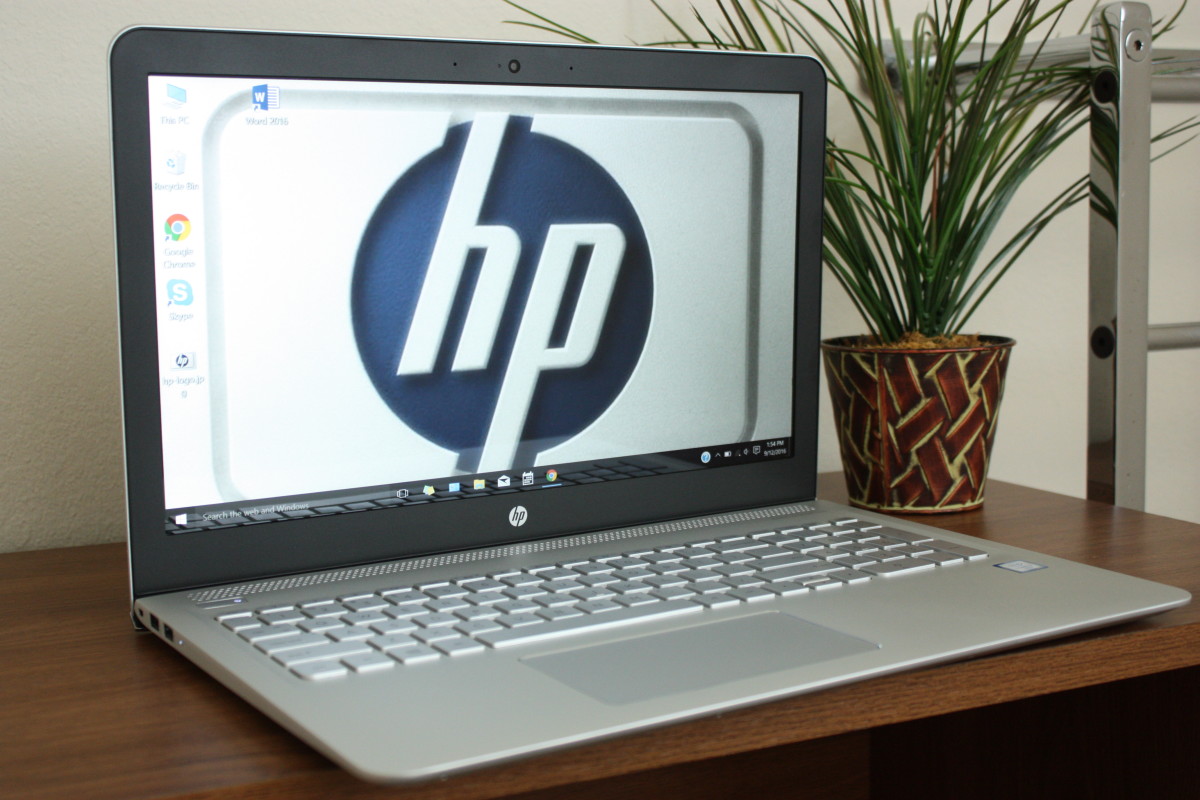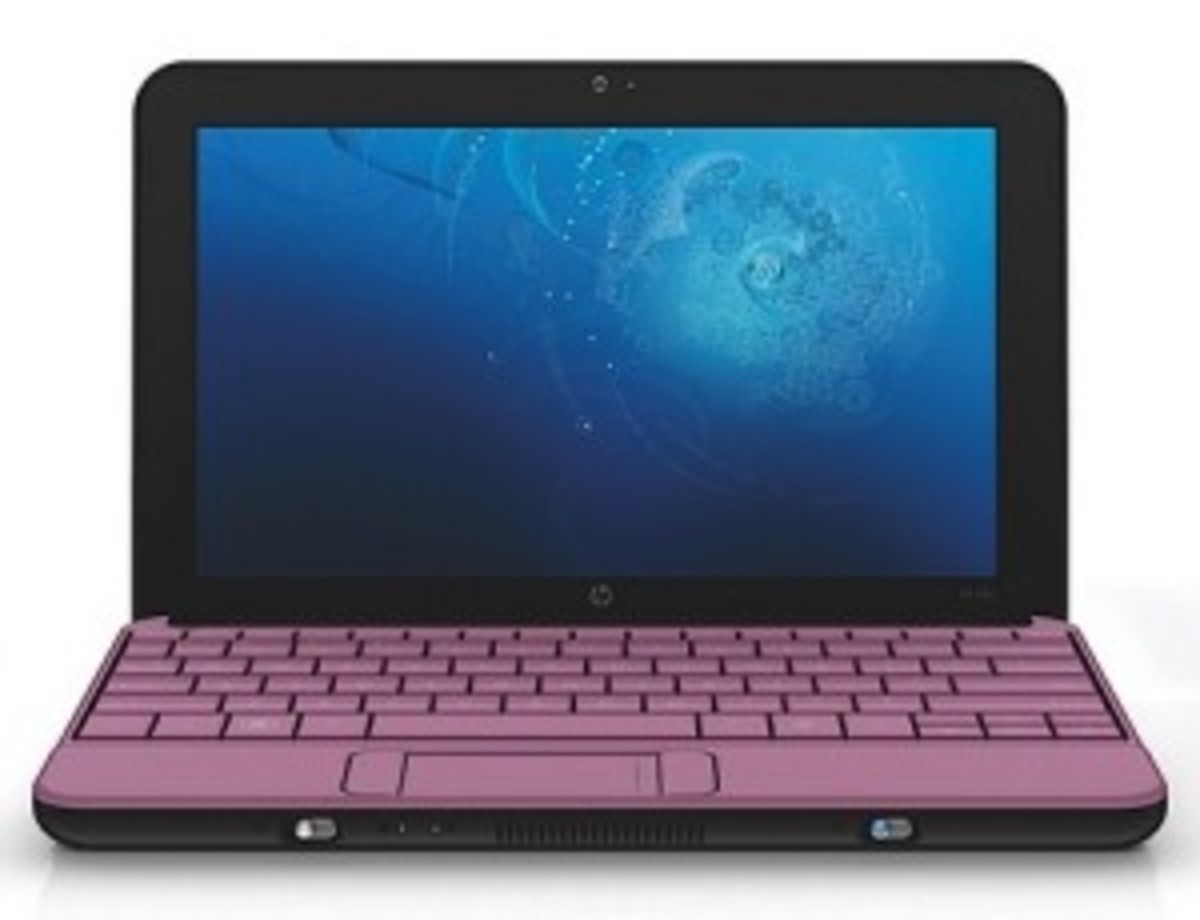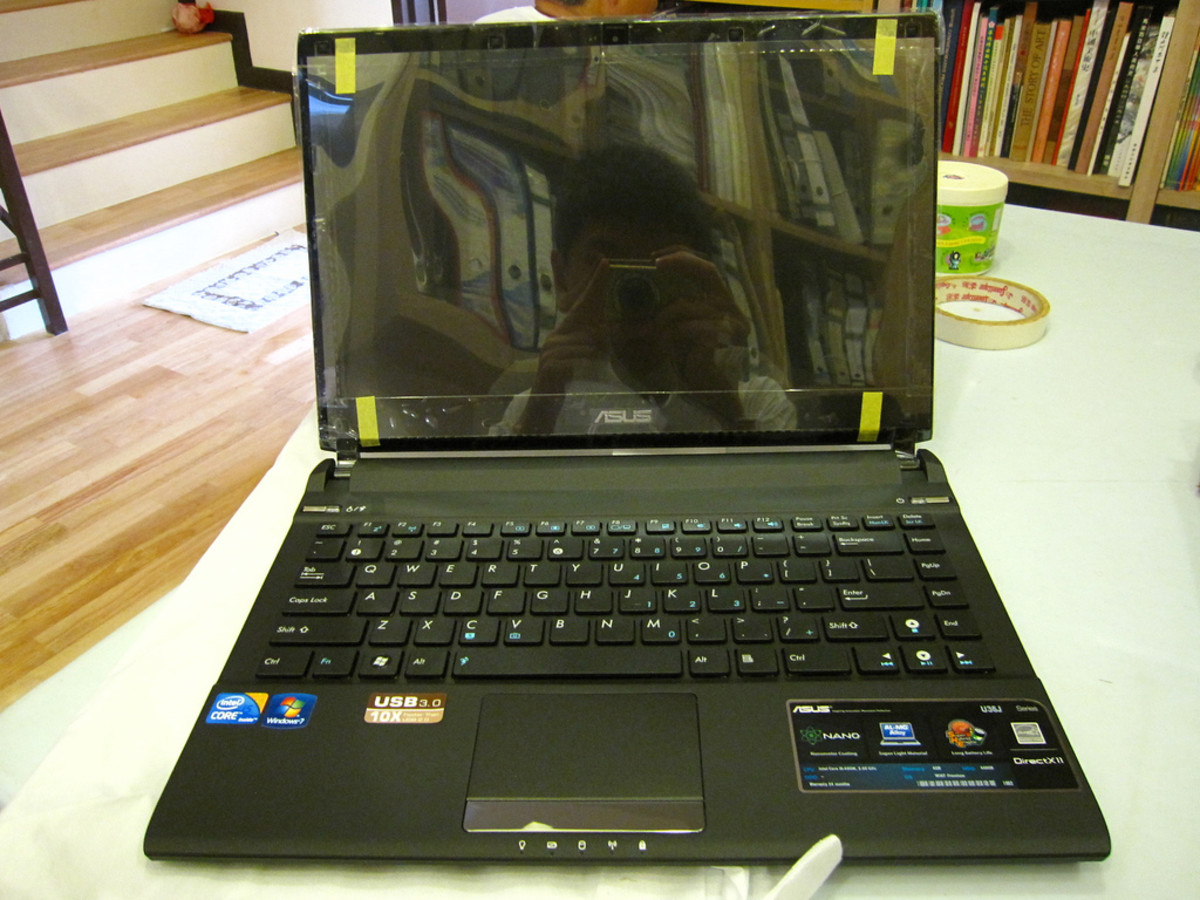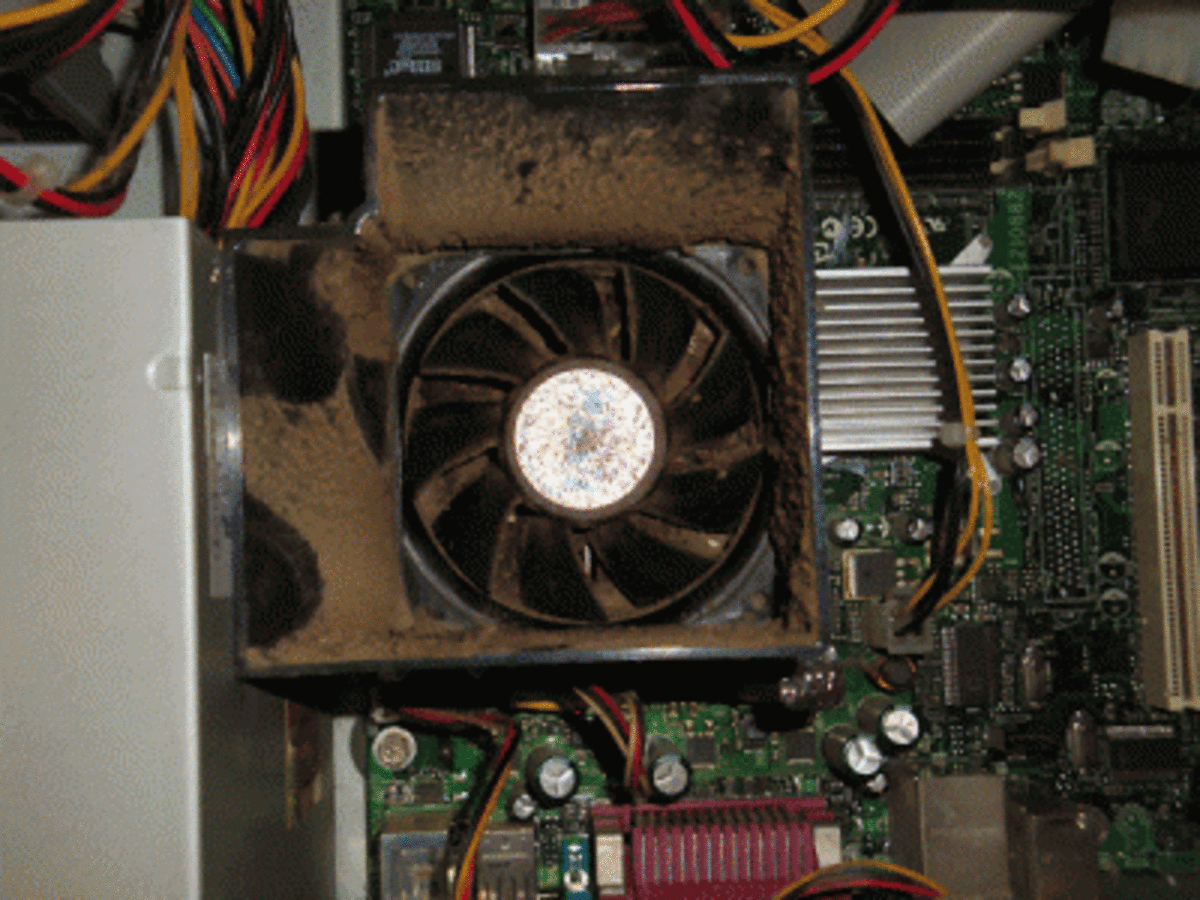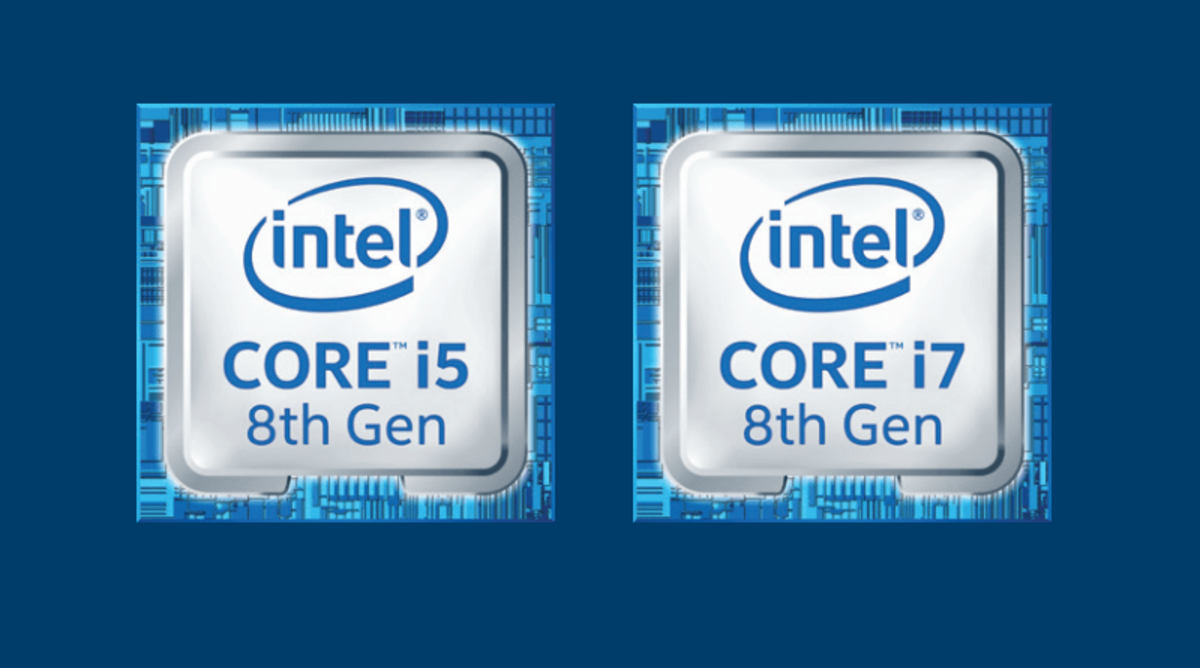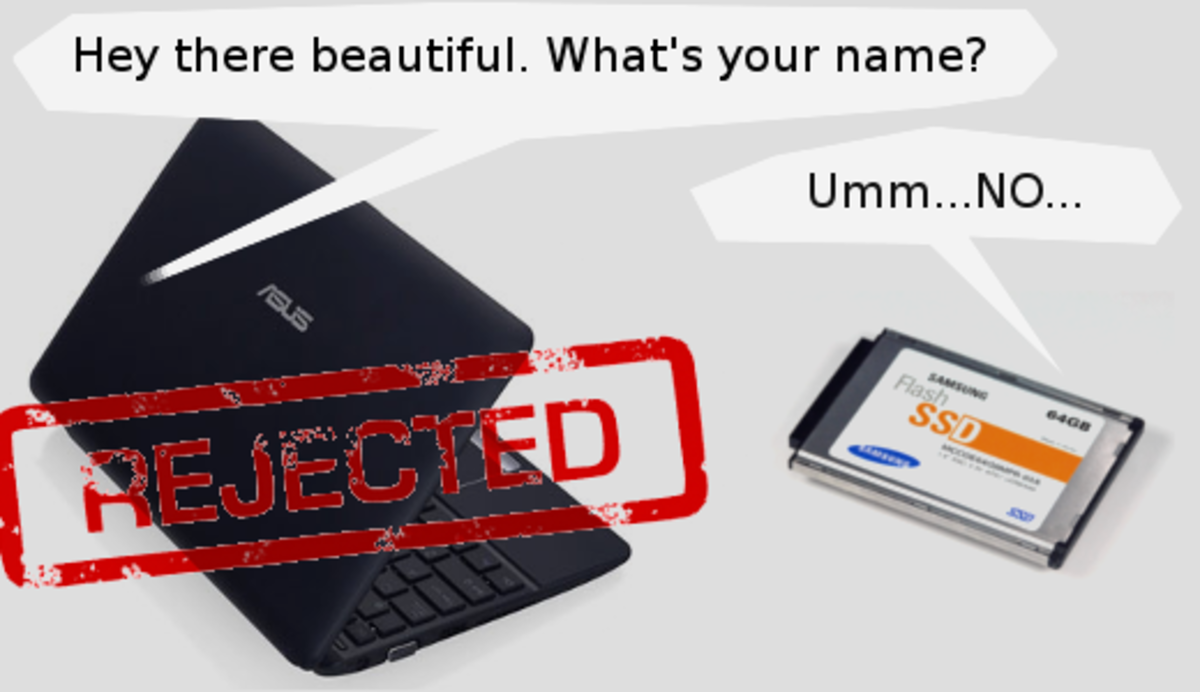- HubPages»
- Technology»
- Computers & Software»
- Computer Buying Guides»
- Notebook & Tablet Buying Guide
Finding the Best Laptop for College - Fall 2010 Guide

It may seem a bit early to start shopping for laptops for college or school which doesn't start for another few months. But it's never too early to find the perfect laptop for school, and the extra time will give you the ability to configure your new computer exactly the way you want it, as well as watch for deals that could save you lots of money. Every year, thousands of students all across the globe head towards a college or university. While not many schools require a computer, it is almost impossible to complete your assignments and study effectively without one. Yes, there are computer labs, but they close at night and are often crowded. It's best to have your own computer for college.
So it's time to start shopping for that brand new laptop that will hopefully serve you for the next four years of your educational pursuit. With the millions of different configurations out there, it's difficult to make sense of it all. That is why I wrote this laptop buying guide, current for this year, 2010, which will hopefully help you make an informed decision when looking for a computer.
Visit Local Electronics Stores
The best places to start are your local electronics stores. I don't recommend actually purchasing a laptop there since they are usually heavily marked up in price, but you can certainly browse the selection to see what kind of computer fits you best. While the store may not have every model available, most brands of computers are often similar. So if you love the "chicklet style keyboard" on the Sony Vaio you see at Best Buy, chances are most other Sony Vaio models have a similar keyboard. It definitely helps to look around in the stores and take notes on your favorite brands and what you like about them. Once you do, you'll have a better idea of what to look for during the next phase: shopping online.
Look Around Online
Once you know a general idea of what you're looking for in a laptop, you can search online for some more options. I'll go through each of the specs you'll see online below, but you can begin by looking at each of the manufacturer's websites. Dell.com, HP.com, etc. have lots of different configuration options that can increase, or decrease the price of a basic laptop. In order to customize your machine, you should understand what the settings mean, so keep reading.
What Kind of Specs Will You Need?
When it comes to computers, there is certainly no shortage of technical details. There are really not too many details that are extremely important; the rest are just fancy-sounding things that manufacturers add to their pages to make their computers seem better. But before I talk details, I want you to know what you're going to need spec-wise. The biggest two factors in determining what kind of laptop to purchase are what you will be using it for and how much you want to pay. Obviously an English major isn't going to need as powerful of a computer as a graphics animation major who will need to render intense 3D films and produce videos. It all comes down to what you'll be using it for. In college, some of the "computer intensive" majors include: graphics animation, engineering, architecture, computer science, information technology, math, imaging, film, and video related majors. Obviously the best person to determine if you'll be using your computer intensively is you, so try to decide how much power you'll need. It could also be unrelated to your major such as if you are a Spanish major but love playing graphics intensive games. It's all a matter of lifestyle. Keep that in mind as I discuss specs in the next several sections.
Budget, Mid-Range, and High-End
In the next several sections, I will be describing each piece of hardware that you'll be reading about such as memory, hard drives, etc. In order to meet the needs of each type of consumer, I will break each option into three categories based on price: budget, mid-range, and high-end. A budget system will likely total under $600. A mid-range system will average $700 - $800. And a high-end system will probably cost at least $1000. You know how much money you want to spend on a laptop, so judge accordingly, remembering that this is an investment for the next four years of your life and is something you will be using likely every single day.
Screen Size and Weight
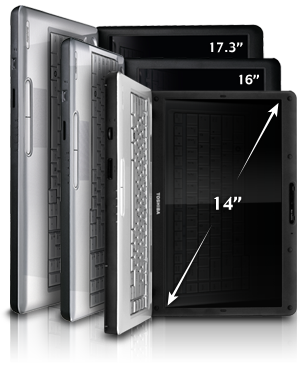
This spec doesn't have too much to do with cost, and so I am not including the three options. Of course larger screens cost more money, but there are some 17 inch laptops that cost less than some 15 inch ones. Instead, the cost depends more on the other major components. That being said, the screen size is usually correlated to weight. It's also a personal issue: how much will you be carrying your computer to class versus using it in your dorm? If you'll be carrying it everyday, I suggest something less than 6.5 pounds and 16 inches. If it is staying in the dorm most of the time, you may be better off getting a larger 17 inch (the upper end of laptop sizes) and not worry about the 8 pound weight factor.
- My Recommendation: < 16 in; < 6.5 lbs
CPU Type and Speed
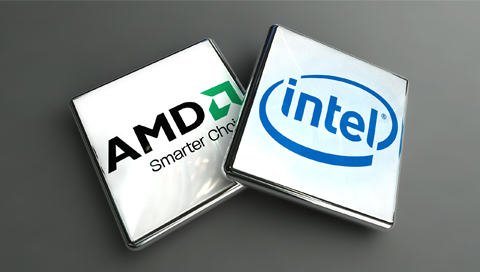
The CPU, or central processing unit, is the part of the computer that will be doing all the work. Its speed is critical in determining how fast your computer runs, how quickly programs open, etc. Since this is the Fall 2010 buying guide, I will discuss the top processors from both Intel and AMD that are currently selling in laptops this season. Intel is promoting its "Core i" brand. There are Core i3, Core i5, and Core i7 processors available. The first two are dual core chips, the last one is a quad core chip. Essentially, the more cores your computer has, the more tasks it can handle at one time. The Core i3, despite being the lowest one on the spec chart is still a remarkable processor. You won't be playing any modern games on it, but it has plenty of power to handle your everyday computing assignments. The Core i5 is a step up because it has a bit more speed (and the ability to "overclock" itself when more speed is needed). Finally, the Core i7 is a computing beast, but it will also put a dent in your wallet.
AMD is currently offering its Athlon and Phenom brands. The Athlon II is a dual core processor and the Phenom II comes in triple and quad core varieties. Overall, these CPUs are marketed towards the more cost efficient machines and run at slower speeds than their Intel counterparts.
- My Budget Recommendation: You can still get quad core power by going with an AMD Phenom, but I personally would go for the Intel Core i3 which is a great dual core chip that doesn't cost too much at all.
- My Mid-Range Recommendation: Go with a Core i5 from Intel. The chips are a step up from the i3s and offer a performance boost without too much extra cost.
- My High-End Recommendation: By all means, go with the Core i7. This quad core beast will provide you with plenty of speed for years to come and there are plenty of decently priced machines that include this processor.
Memory / RAM
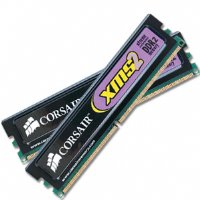
Next to the CPU, the RAM or memory in your computer is going to determine how fast your computer can run. The more memory, the quicker it goes. The current market trend is averaging around 4 GB of memory, but some budget laptops offer 3 GB, whereas some high end machines offer 6 GB or possibly more. RAM isn't something you want to skimp on; if you can purchase an additional GB now for around $50 extra dollars, I would do it. You won't regret it in 4 years when 4 GB seems like child's play.
- My Budget Recommendation: If you really need to save money, 3 GB will be plenty for your average needs. You might not be able to run tons of programs, but not everyone needs to.
- My Mid-Range Recommendation: Go for at least 4 GB of memory. It's pretty much the standard on most laptops now and won't add to the base price.
- My High-End Recommendation: I have seen 6 GB of memory available on a laptop that still cost under $900. If speed is your need, 6 GB will definitely carry you through college.
Hard Drive / Storage Space
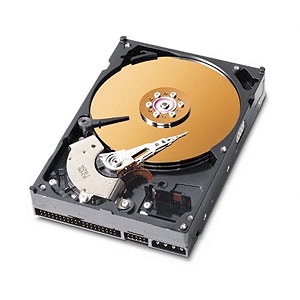
The hard drive is where everything on your computer gets saved. If you own tons of music or videos, have many programs to run, or just need a lot of space, more hard drive space is better. The current trend seems to be at least 250 GB, so I would aim for at least that much. You may not think you need it now, but some college courses may have you working on very large files. The next thing to consider is speed. Most laptop hard drives now seem to be either 5400 or 7200 rpm. The faster it spins, the faster it can access your files and programs.
- My Budget Recommendation: A 250 GB hard drive with 5400 rpm speed should be plenty if you don't need tons of room. If you can save money elsewhere, you may want to upgrade.
- My Mid-Range Recommendation: Get at least a 500 GB hard drive. Most manufacturers let you upgrade to this size from the base price for about $60 and I think it's worth it. As for speed you probably won't find a 7200 rpm drive that won't add a ton of money to the cost, so I'd stick with 5400. The difference isn't incredibly noticeable.
- My High-End Recommendation: Go for 620 GB or higher and 7200 rpm
Graphics
This is another area that really depends on use. Do you do video editing or animation on your laptop? Will you be playing games? The more graphics-intensive applications need more graphics memory. If you have some wiggle room in your budget, you can upgrade, but there are things more important than graphics to spend your money on. If you can afford it, upgrade, if not, don't.
- My Budget Recommendation: Don't worry about graphics. Whatever they provide with the laptop is plenty to run what the laptop is designed to run.
- My Mid-Range Recommendation: Try to find a system that has 128 or even 512 MB of dedicated graphics memory.
- My High-End Recommendation: There are a lot of laptops that now offer a full 1 GB of dedicated graphics memory. If you can afford it, get it.

CD, DVD, and Blu-Ray
The drive that is included with your computer is important for what you'll be using it for. If you want to create DVDs or Blu-Ray discs, you'll need to plan accordingly.
- My Budget Recommendation: Get the default included with the laptop. Almost all include a CD/DVD burner these days.
- My Mid-Range Recommendation: Get a CD/DVD burner and a Blu-Ray reader. You'll be able to watch high definition movies on your computer.
- My High-End Recommendation: As always, if you can afford it, get a CD/DVD/Blu-Ray burner. That means you can CREATE Blu-Ray discs.
Other Components
When shopping for a laptop you'll also want to look for the basics such as a webcam, included microphone, etc. Be sure to read online reviews as they really offer a glimpse into the true product.
My Computer Choices
So it now comes down to some brands and models. I don't have every answer in the book, but below are the three choices for three categories that I have made. They are just starting points and should not be used as the final decision. Another thing to consider are specials and discounts. Sites like Tiger Direct and Newegg offer deals on different computers.
- My Budget Recommendation: Acer Aspire Series. These laptops usually average in the $600 range, but with daily deals and specials, they can be found in the mid $500. They include a wide variety of specs and a good Core i3 processor.
- My Mid-Range Recommendation: The HP Pavilion DV6T series. Search for this laptop on HP's site and you will quickly realize that it is a steal. There are tons of great specs, a Core i5 processor, and it is heavily configurable meaning you can even get 6 GB of memory for a mid-range price.
- My High-End Recommendation: Sony Vaio Series. There are lots of different Sony Vaios which range in price. However, if you go to a site like Newegg and search by price and look in the low $1000 range, it is almost completely dominated by the Vaio. Surely you can find a great laptop from this selection.
- Finally, you may be wondering why I didn't include Macs. In my honest opinion, a Mac is incredibly expensive for the specs you get. I know that college students love Macs, so if you want one (and they are amazing to use), then head to Apple's website. But for the purpose of this article, I wanted to show you what you can really get for your money.
Conclusion
Hopefully you found this guide informative and helpful. I aimed to make sense of all the configurations and specifications out there on the market today which will hopefully allow you to make a great choice when it comes to a laptop for school. Good luck, and if you have any questions, PLEASE feel free to leave a comment.
Tags: finding a laptop for college, most recent laptop buying guide, laptops for school, fall 2010 laptops, laptops for university, which laptop should I buy, core i3, core i5, core i7, laptop for college guide, online guide to laptops, best laptops for school, laptop to purchase when going to college, laptops for students, student laptop buying guide, guide for students going to college purchasing laptops, cheap laptops for college students, college guide for laptops, getting a laptop for college, computer buying guide for college, new computer for college, new pc for school, new pc for college, new pc for university, which laptop should I buy, recommended laptops for college

